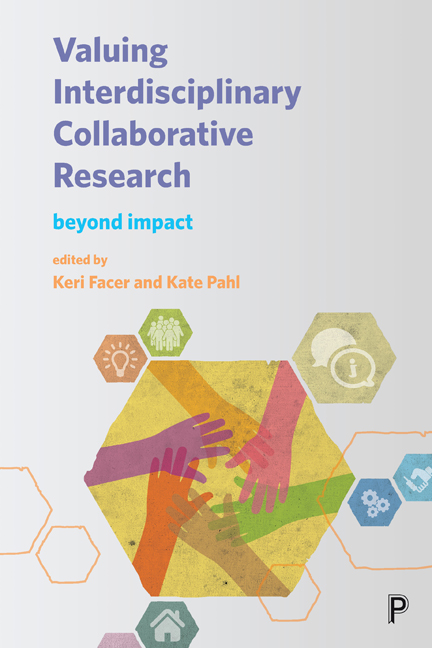Five - Performing the legacy of animative and iterative approaches to co-producing knowledge
Published online by Cambridge University Press: 05 April 2022
Summary
Introduction
Various modes of research such as engaged scholarship (see Van de Ven and Johnson, 2006; Van de Ven, 2007), relational scholarship (Bartunek, 2007) and dialogical research (Beech et al, 2010; Lorino et al 2011; Avenier and Parmentier Cajaiba, 2012; MacIntosh et al, 2012) have been advocated as forms of collaborative research in which academics and practitioners work together to co-produce knowledge about a complex/problematic/sensitive phenomenon. The collaborative work discussed in this chapter shared many of these engaged, relational and dialogical features and involved a variety of people from three countries (academics from diverse disciplines, community partners from local and national level organisations) all with different ideas about how collaboration should work and what change it should achieve. In this chapter we introduce five theoretical perspectives (theatre studies, American Pragmatism, critical theory, actor network theory (ANT) and Deleuzian studies) which we used to make sense of our collaborative efforts. We then provide a short account of the research projects undertaken, their creative methodologies and resulting artistic outputs (two interactive installations, a game and a documentary drama). We examine how our chosen theories have shaped the processes by which we co-defined and co-evaluated the legacies of our research projects. We conclude that any attempt to define legacy of collaborative research involves a strong element of performing it with the community partners.
Making sense of collaboration: five theoretical lenses
Collaborative research and co-creation processes in general (Denis and Lomas, 2003; Shani et al, 2008) are seen as forms of research that facilitate examination of the dynamic relationship between academic and community practice. As outlined below, we made use of five theoretical perspectives to help make sense of our collaborative, co-creative research endeavours and their resulting legacies. Building on Nicolini's (2009) work, we switch theoretical lenses and repositioning in the field so that certain aspects of practice are grounded while others are bracketed. A common thread across our theoretical lenses is that they challenge disciplinary boundaries, emphasise everyday performance, and create safer spaces for thinking about existing challenges and about how to tackle them by making visible the creative possibilities that exist within individuals and communities. By adopting an agonistic pluralist stance (Mouffe, 2007), our approach has been to reflect and embrace rather than suppress difference and to find skillful ways to acknowledge and accept that conflict can be co-generative in collaborative efforts.
- Type
- Chapter
- Information
- Valuing Interdisciplinary Collaborative ResearchBeyond Impact, pp. 107 - 130Publisher: Bristol University PressPrint publication year: 2017



